Employment Services
NCSI is proud to provide “Plan, Find, and Keep” services to its clients with intellectual and developmental disabilities in and around Ramsey County, MN. We follow the E1MN framework from The Minnesota Department of Human Services to help every adult with IDD find fulfilling, competitive and integrated work.
Ready to start a new employment journey for yourself or someone you care for?
Learn about our employment services, and the process we use to help persons served to find and keep meaningful work.
The Discovering Personal Genius™ Process
NCSI uses the Discovering Personal Genius (DPG), or Discovery process for the “Plan” part of the Employment Development service. Developed by Griffin-Hammis Associates, Inc., this is a structured method of revealing an individual’s existing or emerging skills, the tasks they perform or desire to learn, and their preferred conditions of employment (e.g., work schedule, job duties/tasks, pay, company culture).
The DPG process identifies individual Vocational Themes that direct the career search and negotiation in companies where other workers share the same dominant Theme(s). DPG results in knowing the employment seeker in a more personal way and “discovering” the most important factors for employment, including their unique skills, interests, learning style, support needs, and personal preferences.
DPG involves crafting activities with each employment seeker in places where they typically spend time, rather than completing paper-and-pencil evaluations or other types of work tests.
Stages of Discovering Personal Genius
DPG takes place in seven basic stages, with different tasks, activities, and observations to be completed in each. Generally speaking, DPG takes a range of 20 to 60 hours, over a period of approximately 6 to 8 weeks.
DPG’s steps produce evidence through activities, interviews, and observations, contributing to a vocational profile or career development plan. The process identifies at least three solid Vocational Themes that inform the individual profile and the job creation framework. Conducting DPG includes spending time with the employment seeker in his/her community, performing tasks to observe skills and identify possible support strategies, getting advice and information from people and business owners that share similar interests and skills, and putting all this into a plan of action.
Visiting the individual’s home and neighborhood to get to know the employment seeker better and to identify key support people and local resources
Interviewing people who know the employment seeker best to reveal relevant experience and preferences
Performing concrete and measurable activities related to emerging Vocational Themes in order to document skills and tasks
Completing Informational Interviews with business owners or top level managers where employment seeker Vocational Themes, interests, and skills lead us, to get career advice and learn more about the unmet needs of companies and possible work opportunities once DPG is finished
Verifying 3 Vocational Themes with information related to specific employment seeker interests, skills, and conditions of employment
Developing a written vocational profile that summarizes and synthesizes Discovery information into a plan of action for job creation
Developing Lists of 20 different businesses for each of the 3 Vocational Themes for pursuing employment
Cultivating Employment Opportunities
Once a person has a plan of action, NCSI builds on what was learned in the Discovery phase to help the job seeker to create employment opportunities. The “Find” part of the Employment Development service helps the person search for and obtain competitive, integrated employment and then get settled into a job that meets their strengths, interests, and conditions for employment.
“Find” Service Outcomes:
A job that's right for the person. The person finds a job that meets their employment goals.
Job stability. The person is settled into their new job. This means the person is satisfied with their new job, the employer is satisfied with the person, and any needed employment supports are in place to ensure continued success.
“Find” Service Activities:
Reviewing the plan of action developed during the Discovery phase
Helping the person polish their resume, fill out job applications, and learn how to have great job interviews
Making connections with employers, crafting jobs that fit the person's needs, and helping employers see how the person could meet their business needs
Supporting interest-based negotiations between the job seeker and employer


